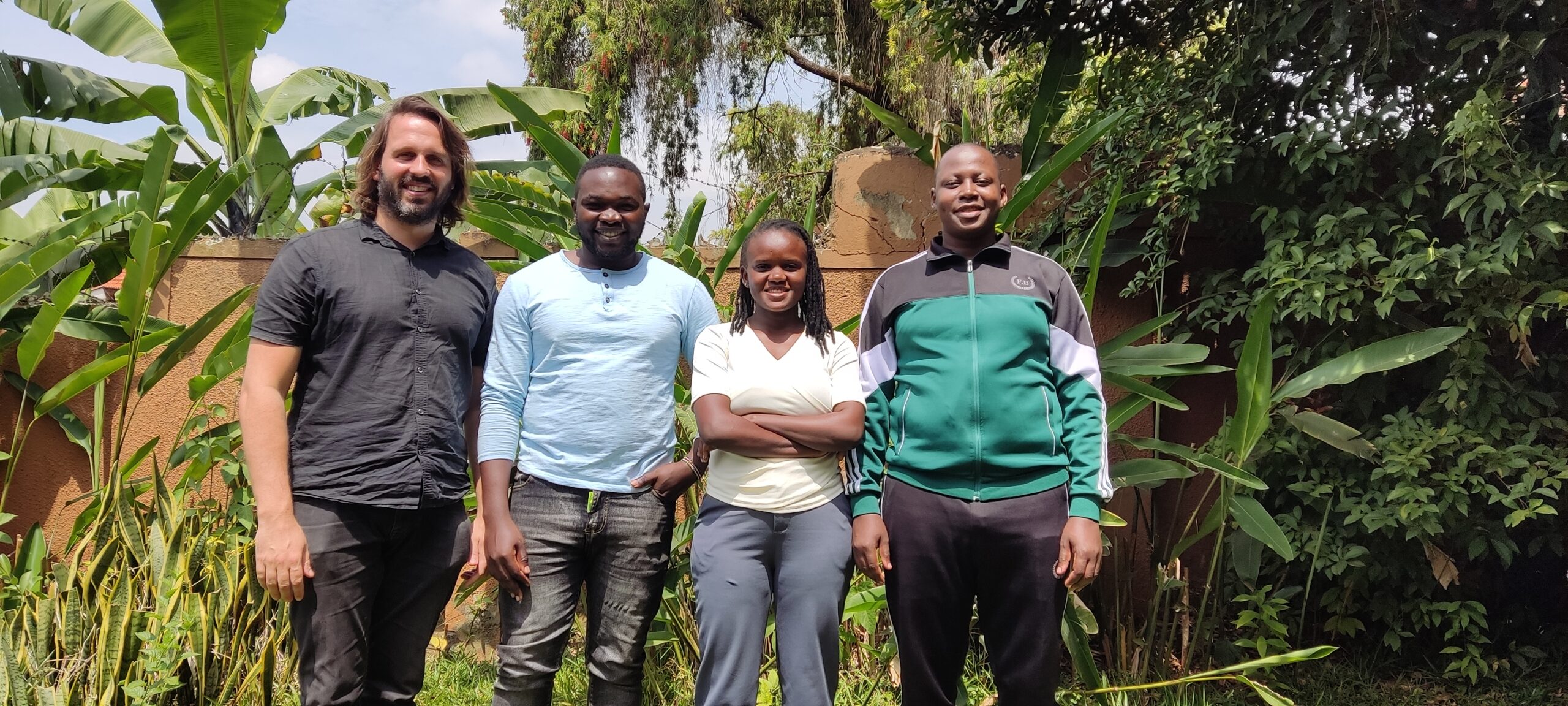In the second edition of The Investor’s Digest Series, we had the opportunity to speak with Hannes Van den Eeckhout, the Founder & Director and Faridah Nalunkuuma, the Talent Manager…
The Investor’s Digest: How Rootical is Investing up to Shs 40 Million in Regenerative Agriculture Businesses in Uganda.


